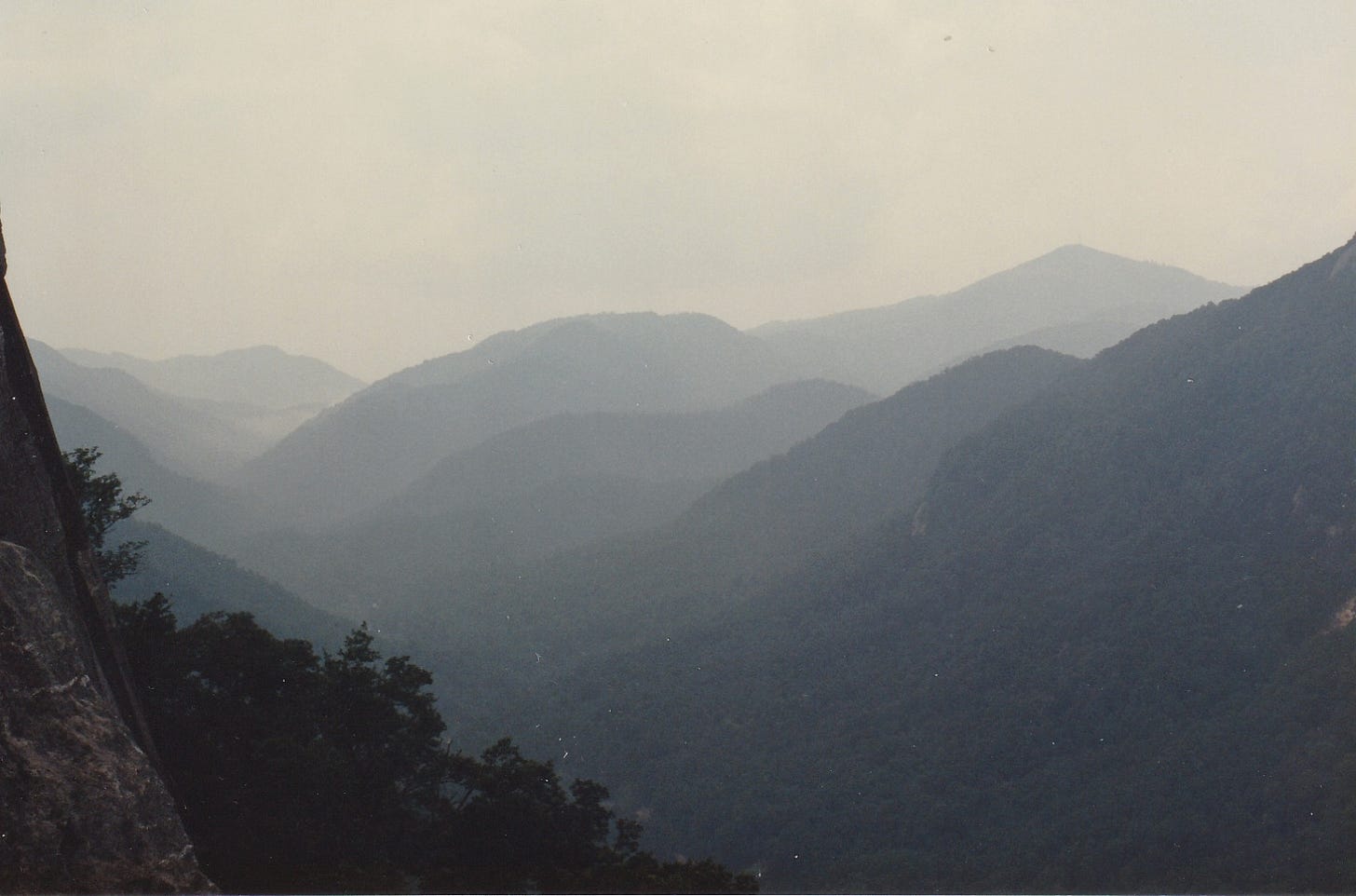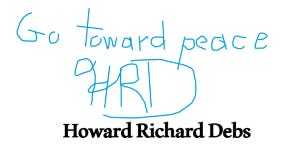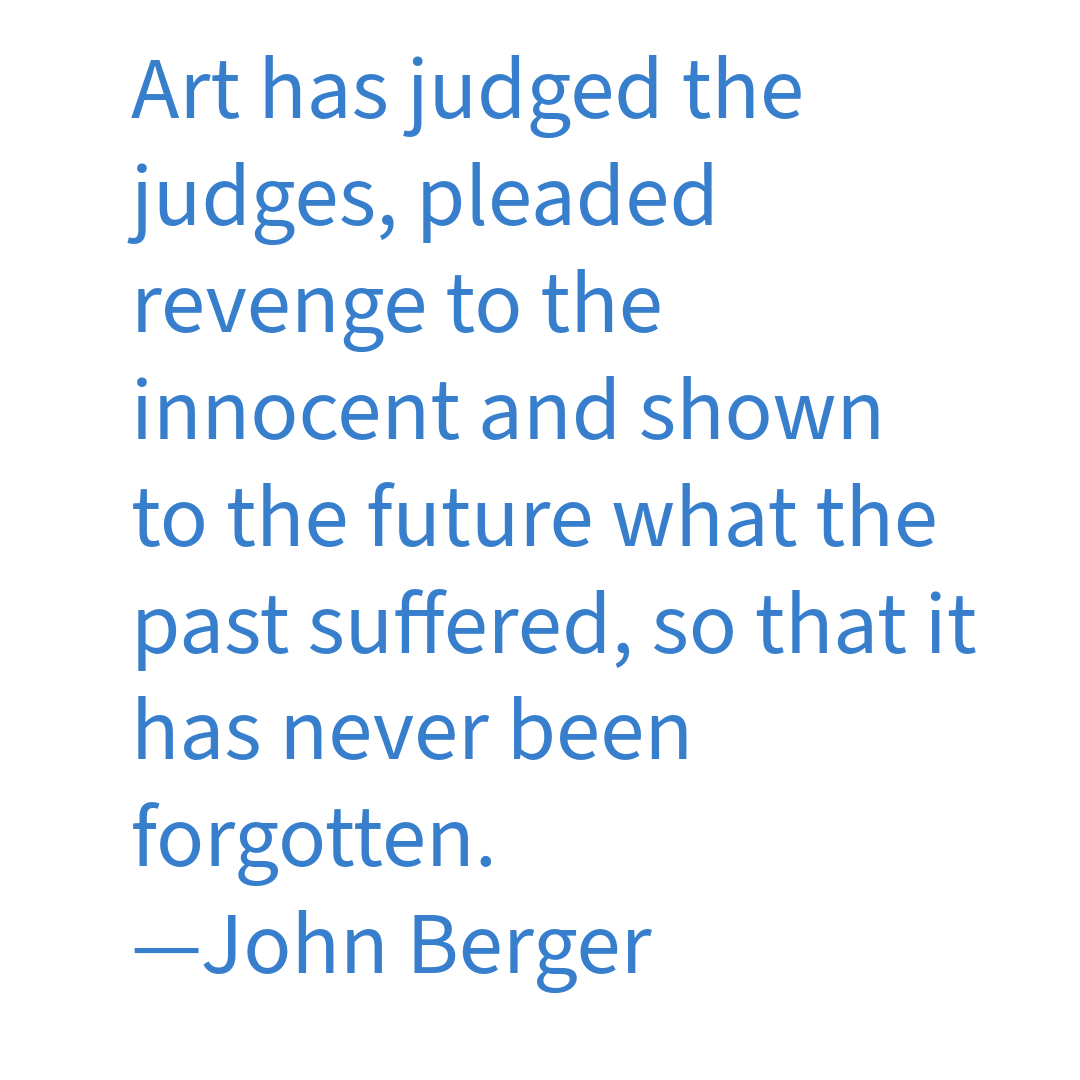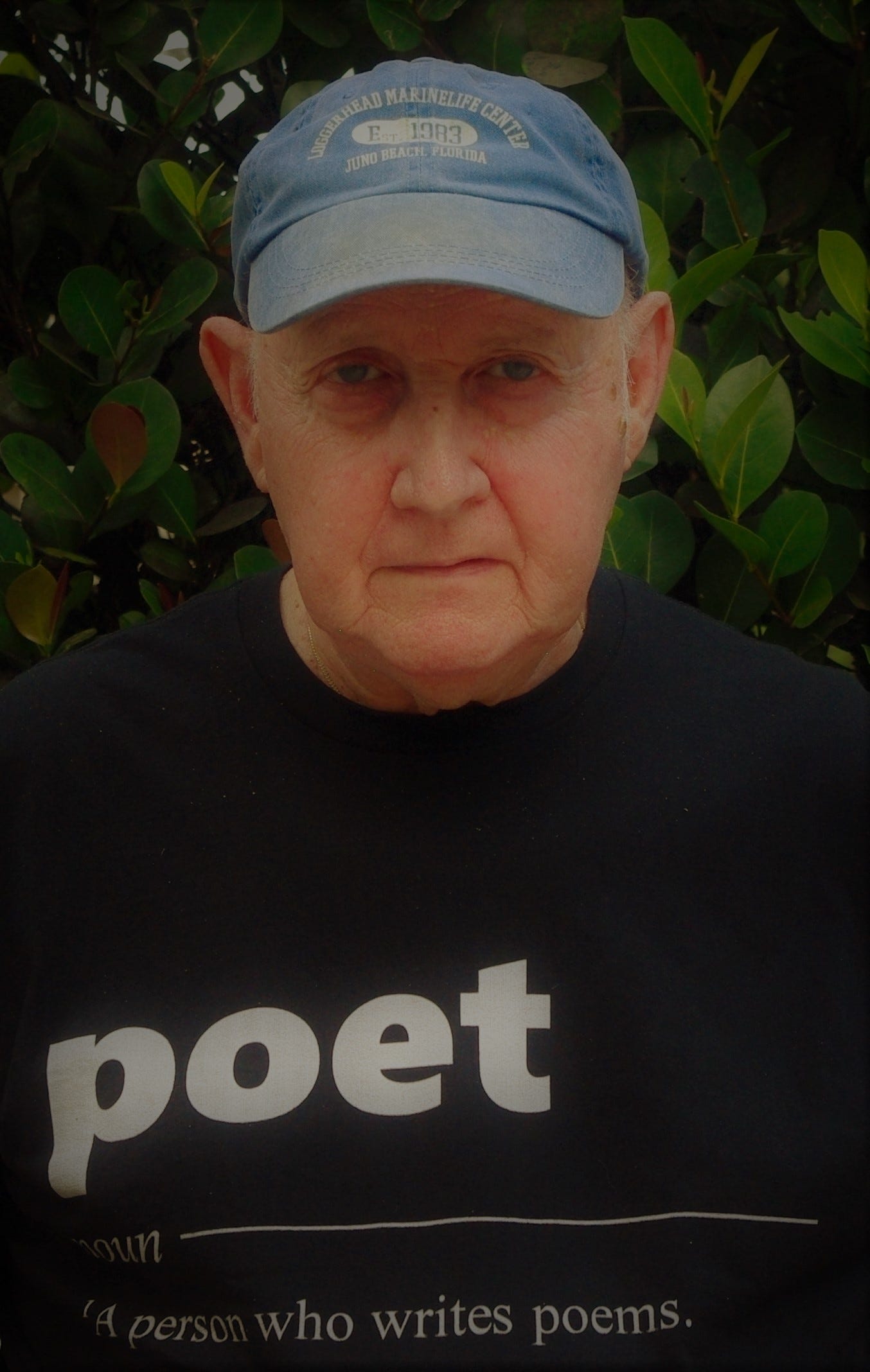The Passing of a Poet
I read she died of cancer/a few days ago. I went to/ her website, it was undisturbed,/as if nothing had happened.
I read she died of cancer a few days ago. I went to her website, it was undisturbed, as if nothing had happened. I remember visiting Sandburg’s Connemara, a National Historic Site. Walking into the house, it was as if nothing had changed since he was working and living there. The dining room table set for dinner, papers strewn all about. The same aura enveloped her virtual home. I listened to an interview with her originally aired on Poets Café, station WPFK in L.A. She was sotto voce on the show, perhaps with little strength left, this just months before her passing; she spoke with brevity, belying the gravity of her written words, the power for eternity of the poetry of bearing witness. In memory of Ilyse Kusnetz (1966-2016) Originally published in The Galway Review
Afterword
If you do not know of Ilyse Kusnetz or her work, this quotation from the personal requiem written at the time by Orlando Florida’s inaugural Poet Laureate Susan Lilley aptly applies:
“The work of some poets is so intertwined with their authentic presence in the world that we can only marvel at the way their truth comes at us like a beam of light. Such a writer was Ilyse Kusnetz, who slipped the bonds of time on Tuesday after a three-year ordeal with cancer. Even in her time of illness, Ilyse was a conduit of love, hope, and above all, truth.”
Why is there an Ilyse Kusnetz Writing Festival annually held in Winter Park, Florida? Why is the final home of Carl Sandburg, Connemara in Flat Rock, North Carolina recognized as a National Historic Site and listed on the National Register of Historic Places? I point to Lilley’s words in memoriam: “conduit of…above all, truth.”
I made my pilgrimage to Connemara if memory serves, in the late ‘90s. These are hallowed halls, they were strict as to visitation rules. I confess I may have abused those rules to escape with these photos.
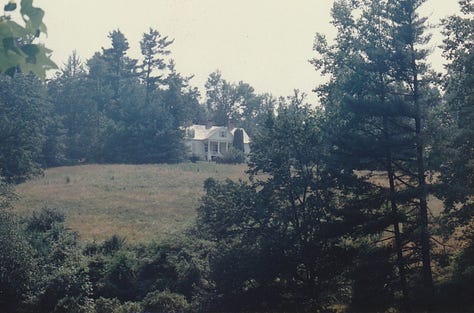
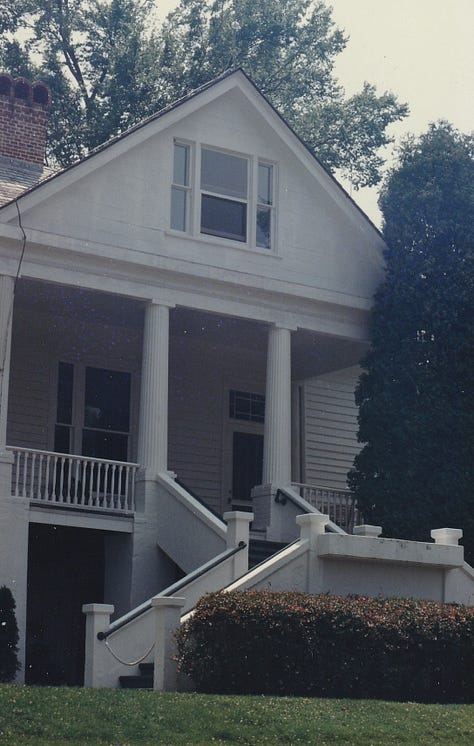




I still have the docent handouts provided for the tour (I’m a “collector”). The National Park Service which tends Connemara emphasizes Sandburg’s moniker as “The Poet of the People.” He wrote:
“I believe in platitudes, when they serve, especially that battered and hard-worn antique, ‘Eternal vigilance is the pride of liberty.’ Hand in hand with freedom goes responsibility. I believe that free men over the world cherish the earth as cradle and tomb… I believe freedom comes the hard way — by ceaseless groping, toil, struggle — even by fiery trial and agony.”
[source: “My Fellow Worms” Sandburg essay in This I Believe: The Personal Philosophies of Remarkable Men and Women]
Speaking of philosophies, let me introduce you to Rosalind Hursthouse, Professor Emeritus of Philosophy, University of Auckland, New Zealand, proponent extraordinaire of virtue ethics. She writes:
“For the Aristotelian phronimos—the practically wise [person]—has phronesis, which is a form of knowledge, and it is this that enables [that person] to make correct decisions about what [that person] should do. What the phronimos is excellent at, because of… phronesis, is practical reasoning.” (Rosalind Hursthouse, in Perfecting Virtue: New Essays on Kantian Ethics and Virtue Ethics Chapter 2, “What does the Aristotelian phronimos know?” pp38-57 Cambridge University Press)
For now, virtue ethics is grounded in the situational and acquisition over time of “practical wisdom.”
Much more about phronesis—practical wisdom, its efficacy in our times, in a forthcoming issue of Reflections.
Note to subscribers: I'm hopeful you will find Reflections consistently offers meaningful, thoughtful content, ultimately lending a poetic response in these fraught times. Let me know what you think. Share. Thanks. Reflections has added features including for the initial issue “I Don't Look Up at the Sky Anymore.” Revisit here
Addendum
Epigram of the Week
Looking Back
“On May 28, 1961, the British newspaper The London Observer publishes British lawyer Peter Benenson’s article ‘The Forgotten Prisoners’ on its front page, launching the Appeal for Amnesty 1961—a campaign calling for the release of all people imprisoned in various parts of the world because of the peaceful expression of their beliefs. The movement later became Amnesty International.
Benenson was inspired to write the appeal after reading an article about two Portuguese students who were jailed after raising their glasses in a toast to freedom in a public restaurant. At the time, Portugal was a dictatorship ruled by Antonio de Oliveira Salazar. Outraged, Benenson penned the Observer article making the case for the students’ release and urging readers to write letters of protest to the Portuguese government. The article also drew attention to the variety of human rights violations taking place around the world, and coined the term ‘prisoners of conscience’ to describe ‘any person who is physically restrained (by imprisonment or otherwise) from expressing ... any opinion which he honestly holds and does not advocate or condone personal violence.’” (source: This Day in History)
Currently Notable
“At a time when China is believed to spend about US$8 billion annually sending its ideas and culture around the world, President Donald Trump has proposed to cut by 93% the part of the State Department that does the same thing for the United States.
The division is called the Bureau of Educational and Cultural Affairs. Among its other activities, the bureau brings foreign leaders to the U.S. for visits, funds much of the Fulbright international student, scholar and teacher exchange program and works to get American culture to places all across the globe.
Does this matter?
As a historian specializing in the role of communication in foreign policy, I think it does.” (source: The Conversation)
For Your Consideration
“The smell of Bengay and Icy Hot mixed with bug spray is a sure sign that the gardening season is in full swing. Yes, cases of ‘gardener’s back’ or ‘weeder’s wrist’ or ‘pruner’s neck’ are going around. Here’s how to avoid the hazards of gardening!” There are hazards to gardening? (source: The Farmer’s Almanac)
Last Words
(Unless otherwise credited all content including photographic content by the author)
Howard Richard Debs is a recipient of a Distinguished Achievement Award from the Educational Press Association of America and the 2015 Anna Davidson Rosenberg Poetry Awards. His essays, fiction, and poetry appear internationally in numerous literary and other publications; in On Being online in which appears his essay "The Poetry of Bearing Witness." His photography will be found in select publications, including in Rattle online as “Ekphrastic Challenge” artist and guest editor. His book Gallery: A Collection of Pictures and Words (Scarlet Leaf Publishing), is a 2017 Best Book Awards and 2018 Book Excellence Awards recipient. His chapbook Political (Cyberwit Press) is the 2021 American Writing Awards winner in poetry. He is co-editor of New Voices: Contemporary Writers Confronting the Holocaust a winner of the 2023 International Book Awards and published by Vallentine Mitchell of London, publisher of the first English language edition of Anne Frank’s diary. He is listed in the Poets & Writers Directory: https://www.pw.org/content/howard_debs


